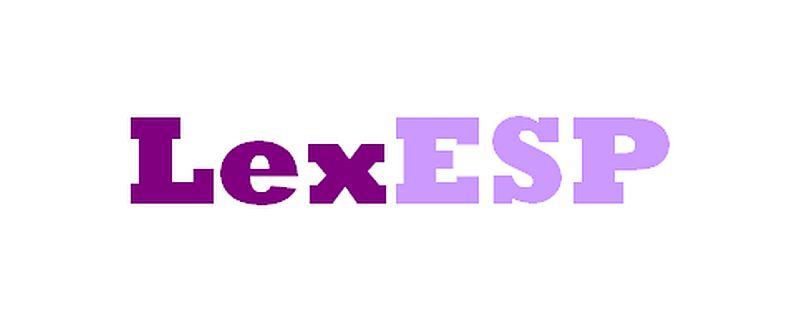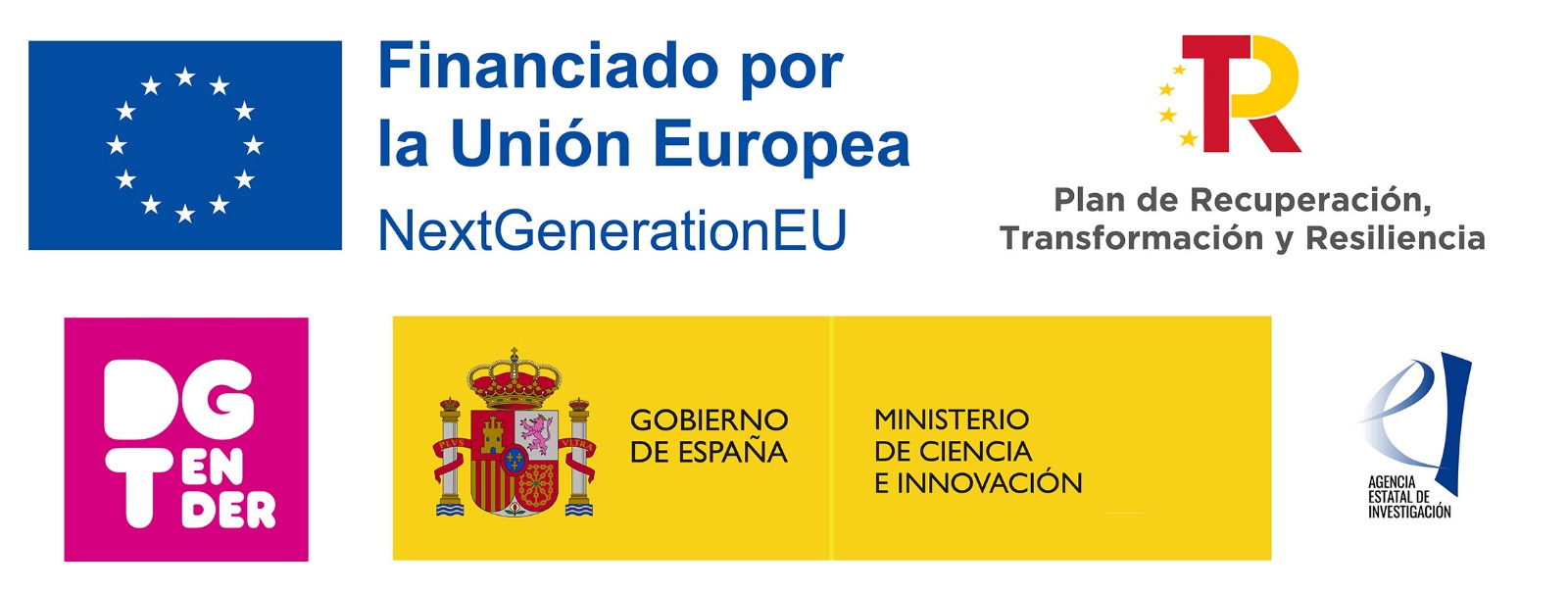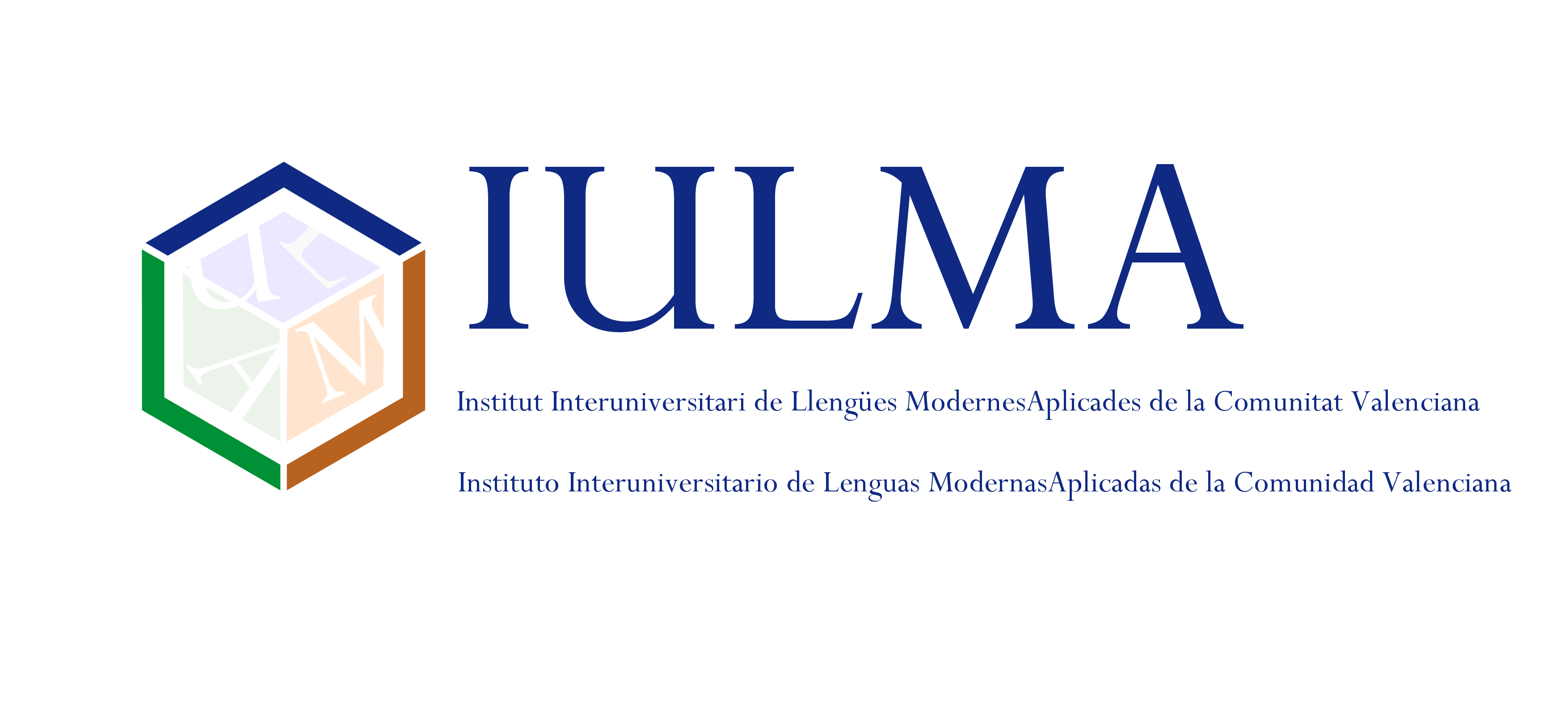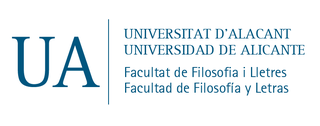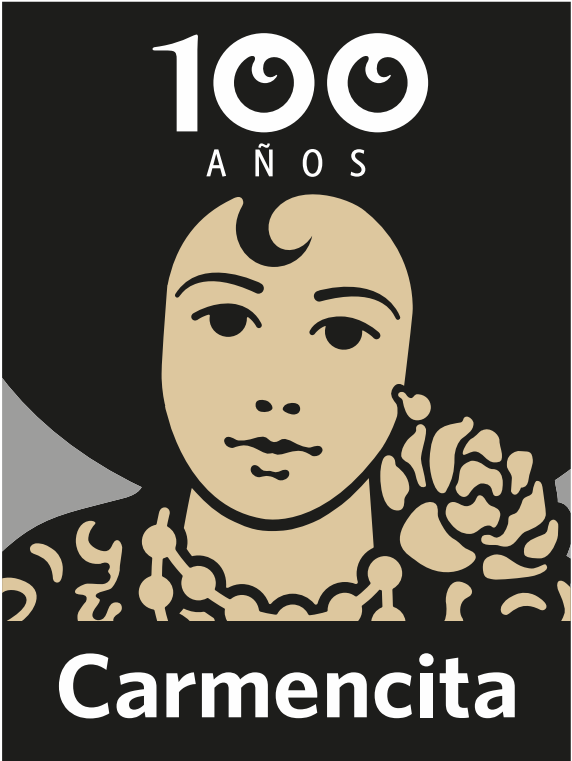Plenary Speakers
Ruslan Mitkov

Ruslan Mitkov is Professor of Computing and Communications at Lancaster University, one of the top-10 UK universities. Prior to joining Lancaster University, he worked at the University of Wolverhampton where he created and led the internationally leading Research Group in Computational Linguistics, and was also Director of the Research Institute of Information and Language Processing as well as Director of the Responsible Digital Humanities Lab.
Mitkov’s extensively cited research (more than 300 publications) covers a wide range of topics in Natural Language Processing (NLP) and Translation Technology. He is not only known for his original research outputs with high scientific impact, but also for his vision and innovative applied research which seeks to enhance the work efficiency of different professions (teachers, translators and interpreters) or to improve the quality of life (people with disabilities).
Prof Mitkov is author of the monograph Anaphora resolution (Longman) and sole Editor of The Oxford Handbook of Computational Linguistics (Oxford University Press) which has been hailed as the most successful Oxford Handbook and whose second, substantially revised edition was published in June 2022. Current prestigious projects include his role as Executive Editor of the journal Natural Language Processing (formerly Journal of Natural Language Engineering) published by Cambridge University Press and Editor-in-Chief of John Benjamins’ NLP book series.
Mitkov designed and is Director of the first and only Erasmus Mundus Master’s programme in Technology for Translation and Interpreting.
Prof Mitkov has been invited as a keynote speaker at more than 240 international conferences and is/has been Chair of more than 70 conferences on NLP, Translation Technology and Applied Linguistics topics.
In recognition of his outstanding professional/research achievements, Prof Mitkov was awarded the title of Doctor Honoris Causa three times.
For additional and up-to-date information, please visit Prof Mitkov’s webpage (https://wp.lancs.ac.uk/mitkov/).
Lecture: The evolution of NLP: from rules through neural networks to generative AI
(Case study: automatic extraction of metaphorical names of flowers and plants)
Natural Language Processing (NLP) is undergoing dynamic and unprecedented changes as never before. While we have always known that NLP is not a magic technology which always has been far from 100% accurate, the landscape of Language and Translation Technology is changing. First Deep Learning methods and now Large Language Models, have taken the world by storm. This talk will seek to shed a light on the future of Natural Language Processing in the Artificial Intelligence (AI) era.
The evolution of NLP methods will be exemplified by reporting the experiments and results of an ongoing lexicology-related study which seeks to automatically identify metaphorical names of flowers and plants. This study covers English, Spanish and Chinese and compares the performance of traditional linguistic NLP approaches (regarded as baselines) with the performance of Deep Learning methods and Large Language Models.
This case study will serve as platform for a follow-up discission on the future of Natural Language Processing. The speaker will emphasise that he is not a clairvoyant but on the basis of his experience in the field he will attempt to predict the likely future of artificial intelligence as compared to human intelligence taking language as a testbed.
Ángela Almela

Ángela Almela earned her MA in English language and linguistics and her PhD with
distinction at Universidad de Murcia (Spain). Her doctoral dissertation (2012)
developed and tested a method for deception detection in English and Spanish under
the supervision of Rafael Valencia-García and Pascual Cantos Gómez. She has taught
language and linguistics at the Catholic University San Antonio (2012–2014) and at the
Defense University Center at the Spanish Air Force Academy (2015–2017). Since 2017,
she has been an Associate Professor at Universidad de Murcia, where she is currently
teaching corpus linguistics and translation.
Her main lines of research include forensic computational linguistics, corpus
linguistics, and specialized translation, within which she has published extensive
research in journals like Corpora and Journal of Information Science, as well as book
chapters in top-indexed publishers such as Peter Lang and Springer. Furthermore, she
has been involved in research projects with Indra Software Labs S.L.U. and Universidad
Carlos III, among others. She has been a visiting scholar at prestigious centers like
Institute for Linguistic Evidence (US-DE), IULMA – Universidad de Valencia (Spain),
Fondazione Bruno Kessler (Italy), and Freie Universität Berlin (Germany). Furthermore,
Dr. Almela has served as Associate Editor of the International Journal of English Studies
(2018-2021). She has also served as an expert in linguistics as a forensic science in
several litigation matters and as the Director of Research of the Institute for Linguistic
Evidence (2015-2023).
Lecture: A LINGUIST IN SEARCH OF GROUND-TRUTH DATA
A growing body of research indicates that patterns in linguistic choices can
disclose underlying cognitive and emotional processes, as well as psychological
dynamics and personality traits. This includes linguistic tasks like computer-
assisted or automated deception detection, authorship attribution, and the
identification of personality constructs like psychopathy, to name but a few. In
order to effectively examine these issues, researchers require ground-truth data
involving known, verified examples with features relevant to the experiments to
be run. In this plenary talk, the speaker will first share her experience collecting
this type of data in collaboration with experts from fields like language
engineering and criminal psychology.
After discussing the implications of collecting ground-truth data, the speaker will
examine some text analysis tools for testing linguistic methods on them,
analyzing their potential benefits and drawbacks when studying the issues
described above. The overview provided by the speaker will include a
comparison between tools performing the automatic extraction of lexical
features for different purposes and other software developed on the basis of
syntactic computation, focusing on both English and Spanish.
